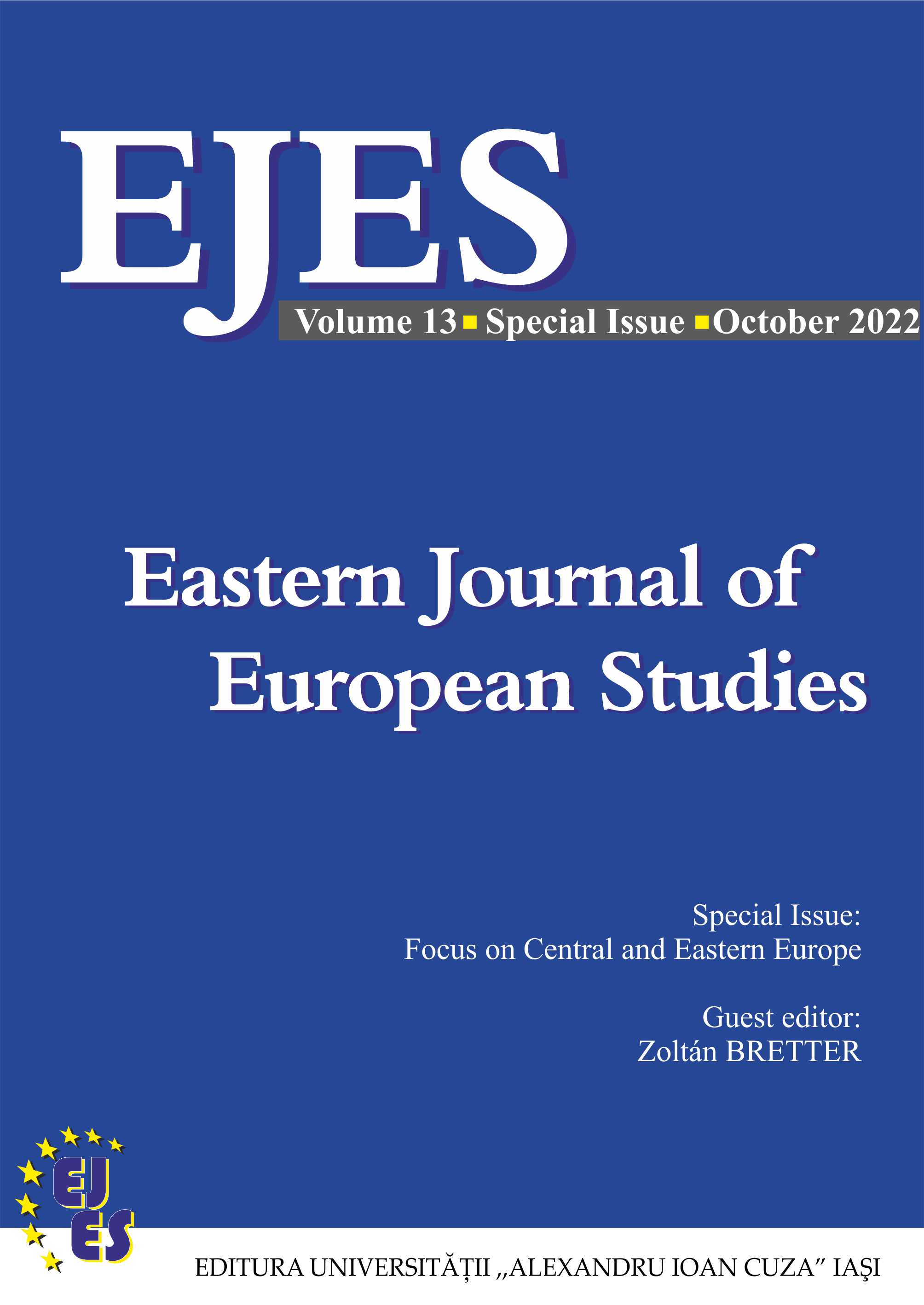Hybrid foreign policies in the EU’s Eastern flank: adaptive diplomacy
Hybrid foreign policies in the EU’s Eastern flank: adaptive diplomacy
Author(s): Péter Kacziba, Barış HasanSubject(s): Politics / Political Sciences, Politics, International relations/trade, Security and defense, Inter-Ethnic Relations, EU-Approach / EU-Accession / EU-Development, Politics and Identity
Published by: Editura Universităţii »Alexandru Ioan Cuza« din Iaşi
Keywords: foreign policy; multipolarity; balancing; bandwagoning; hedging; European Union;
Summary/Abstract: Over the past decade, an increasing number of EU countries have diversified their foreign policies. The new directions aimed to maintain the benefits of Western alliances but sought to attract non-Western partners. The paper argues that not only domestic factors triggered these strategic shifts, and the systemic emergence of multipolarity, which forced states to respond to the rise of new powers. The study aims to identify how selected countries (Hungary, Bulgaria, Greece, Cyprus) located in the EU’s eastern flank have responded to the multipolar transition and what foreign policy acts they have adopted. Findings reveal that sample states did not follow the expected straightforward selection of foreign policy acts, starting with bandwagoning during the unipolar momentum, continuing with hedging when non-Western actors emerge, and ending with balancing in times of external security threats. On the contrary, they applied multiple strategies simultaneously. The paper labels this hybrid foreign policy as adaptive diplomacy which seeks to capture the needs of small states to constantly adapt, but also indicates that EU and NATO members can apply proactive diplomacy to navigate between great power interests.
Journal: Eastern Journal of European Studies
- Issue Year: 13/2022
- Issue No: SI
- Page Range: 207-235
- Page Count: 29
- Language: English

